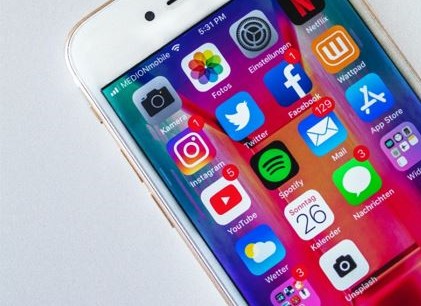A study from Dr. María Eugenia Martínez analyzes different strategies to inform the youngest citizens during a health crisis
A study from Dr. María Eugenia Martínez analyzes different strategies to inform the youngest citizens during a health crisis

Social media platforms offer excellent opportunities for healthcare organizations to disseminate information and communicate with individuals during a health crisis since they can influence health-related decisions and perspectives.
Under this premise, Dr. María Eugenia Martínez-Sánchez and other colleagues at ESIC Business & Marketing School have compared strategies carried out by the Spanish government and the autonomous community authorities on Facebook, Instagram, and Twitter to understand the different uses of social media platforms to inform the citizens in a crisis.
Their results demonstrate that several health departments don't have an account on one of Spain's three most commonly used social networks (Facebook, Twitter, or Instagram). What it warns the most is the lack of official accounts on Instagram since this social media platform is the most used by young people.
On the other hand, researchers conclude that health departments have employed social media platforms as loudspeakers to diffuse information unidirectionally and are, as such, a mere extension of traditional communications such as press releases. As they point out, managing social networks from a one-way perspective is not only an error but are contrary to their very nature.
Reference
Nicolas-Sans, R., Bustos Díaz, J., Martínez-Sánchez, M. E., & Martin-Vicario, L. (2022). Combating misinformation in times of COVID-19: A comparison of the social network strategies of the Spanish government and the autonomous communities. First Monday, 27(10). https://doi.org/10.5210/fm.v27i10.12321
